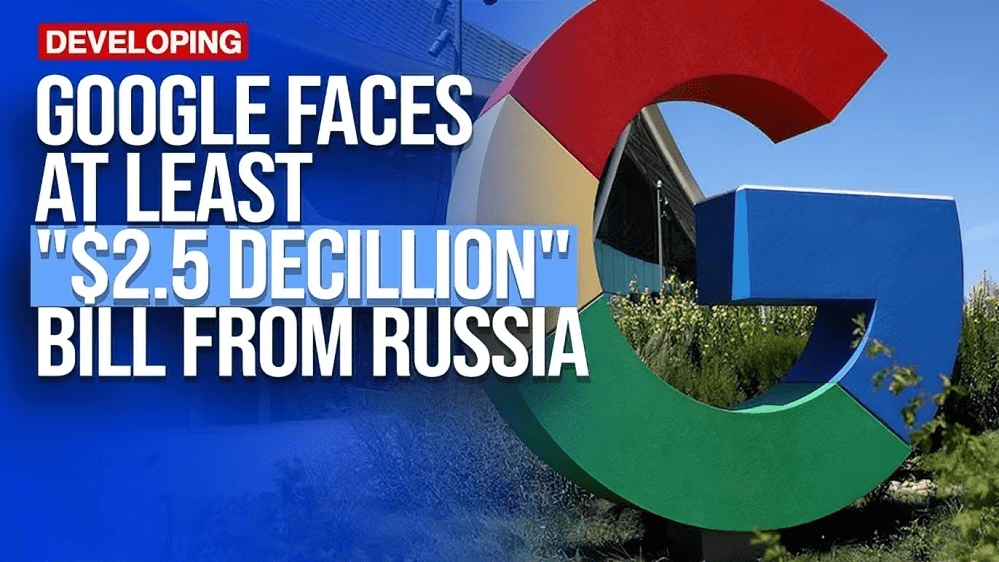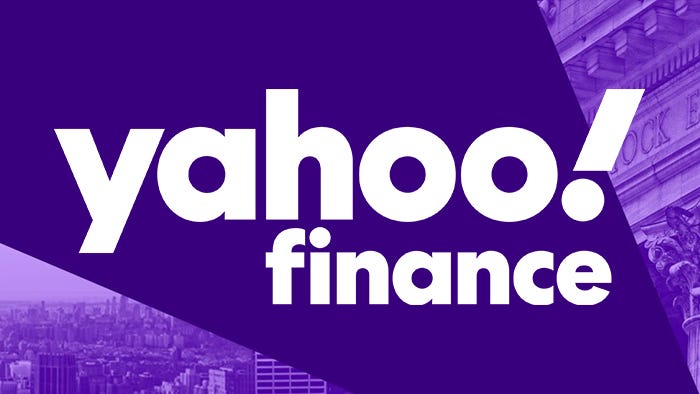Russia Fines Google, Shocks the World

Why Did Russia Fines Google?
Russia fines Google in a landmark case, issuing a colossal penalty aimed at enforcing strict content regulations. The dispute began when Russian state-affiliated channels were blocked on YouTube, and authorities accused Google of violating national rules. The phrase Russia fines Google has become synonymous with this escalating digital conflict. This legal move showcases Russia’s ongoing effort to control the flow of information on major online platforms.
Such hefty fines signal a warning to global tech companies. By making an example of Google, Russia is emphasizing its digital sovereignty. Although the penalty is immense, it brings into focus the delicate balance between free speech and regulatory compliance.
Significance of the Massive Fine
The news that Russia fines Google with an astronomically high amount has shocked the tech world. The penalty, so large it eclipses the world’s total wealth, seems almost symbolic. Google, however, downplayed the impact, stating in an earnings report that the fine is unlikely to have a “material adverse effect” on their global operations. The phrase Russia fines Google is not just about money; it’s a signal of growing tensions between tech giants and national governments.
This situation highlights the challenges tech companies face in different regions. Russia’s actions against Google show that governments may increasingly use legal measures to control digital narratives. The fine serves as a reminder that operating in such territories carries significant risks.
Google’s Response to Russia’s Fine
How does Google react when Russia fines Google? The tech giant has remained relatively calm. In its latest earnings report, Google acknowledged “ongoing legal matters relating to Russia.” The phrase Russia fines Google echoes in global news, but the company remains confident that these issues will not harm its overall business. Yet, the case brings to light how international laws can influence global tech companies.
By acknowledging the fine without yielding to pressure, Google maintains its stance on content governance. However, the battle between Russia and Google underscores the complexity of international digital regulations. This ongoing clash raises questions about how far countries will go to enforce their own content laws.

Symbolic or Serious: What’s the Reality?
The amount is staggering, but what does it really mean when Russia fines Google? The fine appears more symbolic than enforceable, sending a strong message rather than expecting actual payment. The phrase Russia fines Google has drawn global attention, sparking debates on regulatory overreach and tech company accountability.
Russia’s approach highlights the broader struggle over internet governance. While some see the fine as a political statement, others view it as a serious attempt to control digital narratives. Whether symbolic or not, the case exemplifies the growing tension between global platforms and national governments.
Broader Implications for Tech Giants
The news that Russia fines Google isn’t just a one-off event. It serves as a cautionary tale for other tech giants operating in Russia. Companies must decide whether to comply with national laws or risk facing similar penalties. The scenario where Russia fines Google could inspire other countries to implement strict measures against tech firms that do not conform to local regulations.
This situation may change how companies approach compliance. Will they bend to national rules or withdraw from restrictive markets? The phrase Russia fines Google has become a key talking point in discussions about digital freedom and corporate responsibility. The fine forces companies to reevaluate their global strategies.
Impact on Russian Users
When Russia fines Google, the impact extends beyond financial concerns. If Google decides to reduce or modify its services in Russia, users could face limited access to the platform. The phrase Russia fines Google isn’t just about legal drama; it affects the everyday experience of internet users in the country. Restrictions could limit the availability of diverse content, impacting how Russians access information.
If tech companies choose to comply with Russian regulations, it may change how content is filtered and displayed. The fine has implications for users and raises questions about the long-term impact on digital freedoms. As Russia continues to challenge global platforms, the user experience could become more restrictive.
Can Google Ignore Such a Fine?
The big question: Can Google ignore the fine? Technically, yes. Because the fine is not enforceable outside Russia, Google can choose not to pay without immediate global consequences. However, Russia fines Google isn’t just about the money. If Google ignores the penalty, Russia could target the company’s local assets, further complicating matters.
This brings to light the larger issue of digital sovereignty. As Russia fines Google, the global tech community watches closely, aware that this conflict could set a precedent. Ignoring the fine may seem like an easy option, but it could have longer-term repercussions for Google’s operations in Russia.
Conclusion: The Future of Google in Russia
The situation remains complicated, and the phrase Russia fines Google captures this ongoing battle. Google seems prepared to weather the storm, but the increasing regulatory pressure in Russia presents new challenges. The case also sparks discussions about digital sovereignty and international content governance.
While the fine is enormous, its symbolic nature makes it more of a statement than a practical financial threat. Yet, the outcome will have lasting implications for both Google and other tech companies navigating similarly hostile environments. As the story develops, the world will continue to focus on how Google and Russia handle this evolving conflict.













